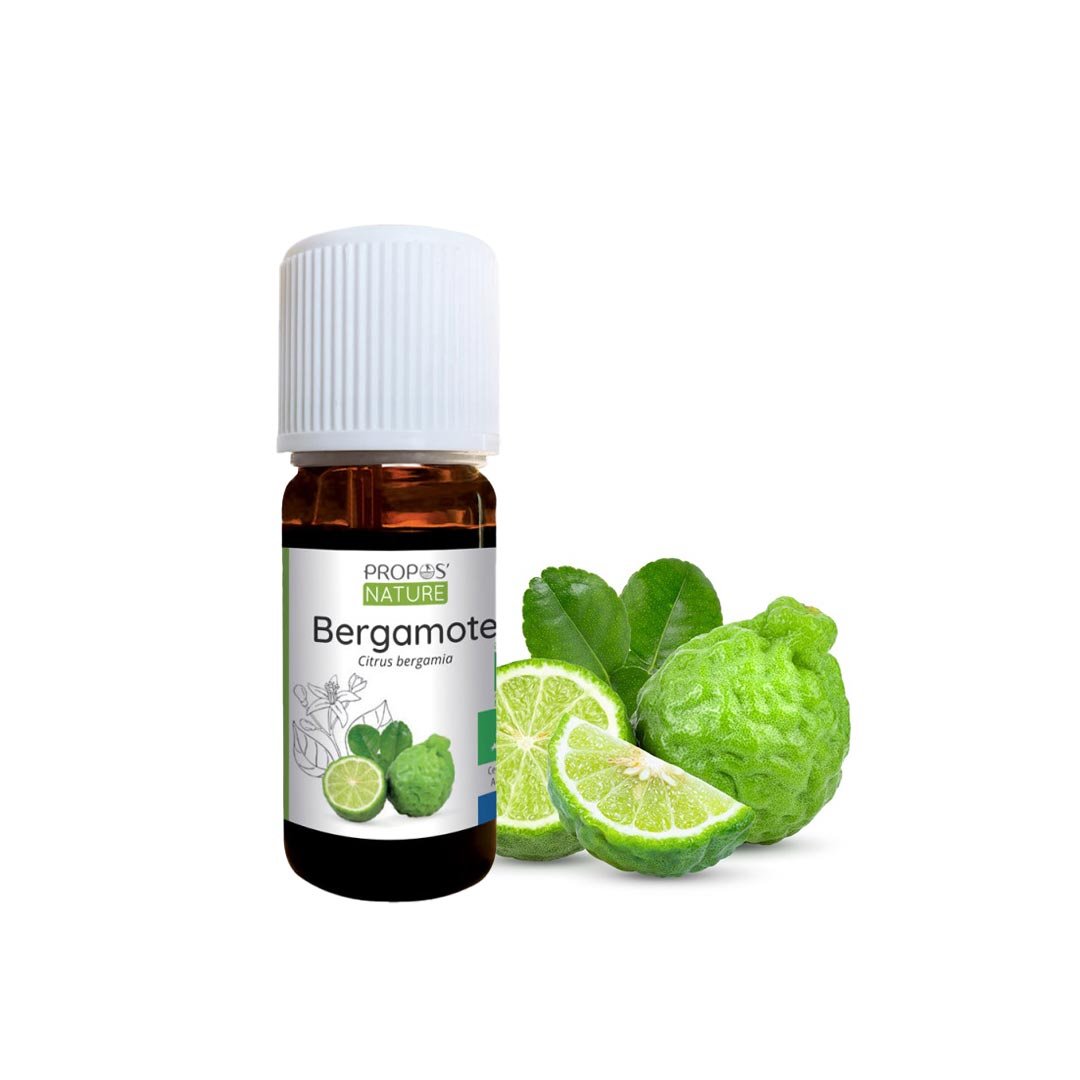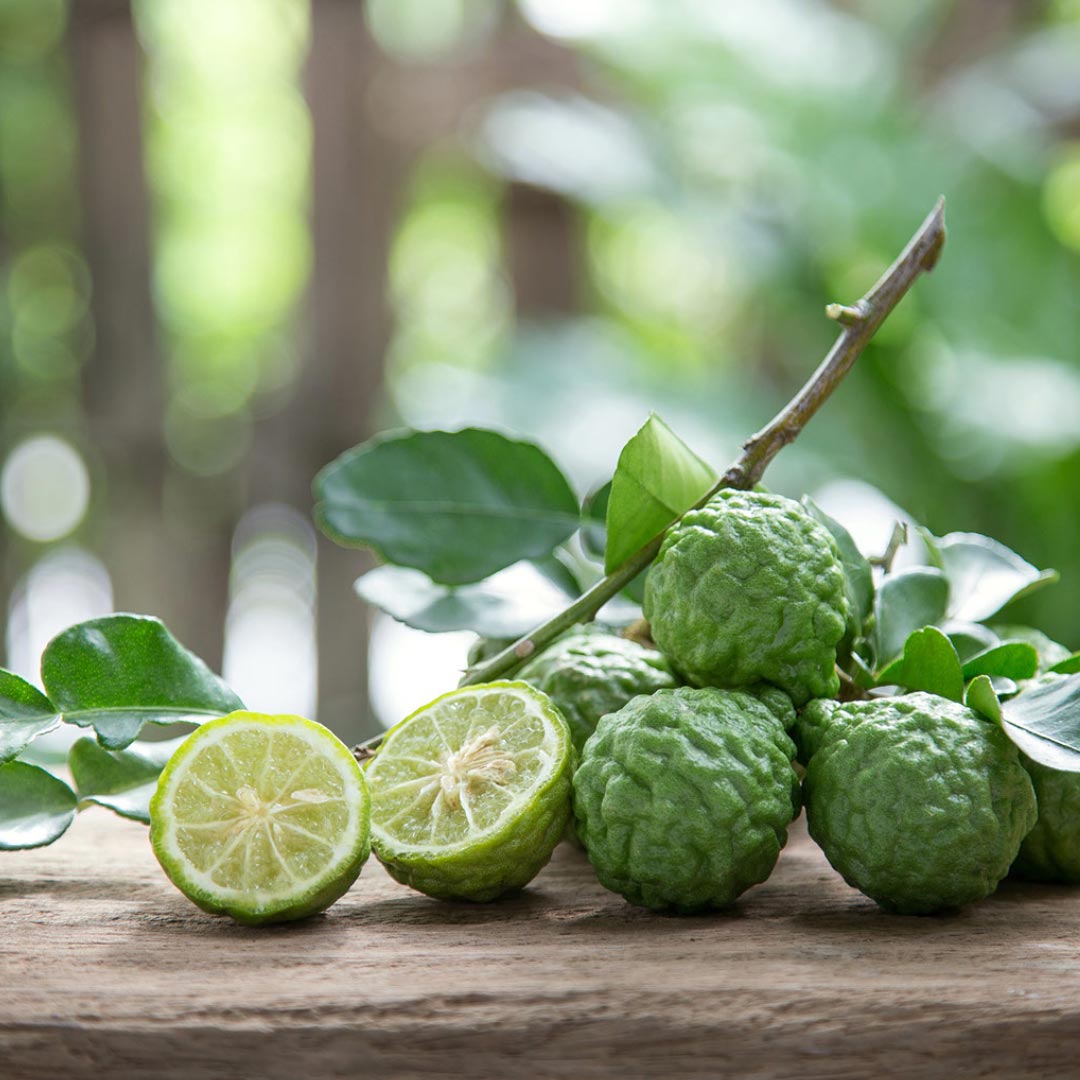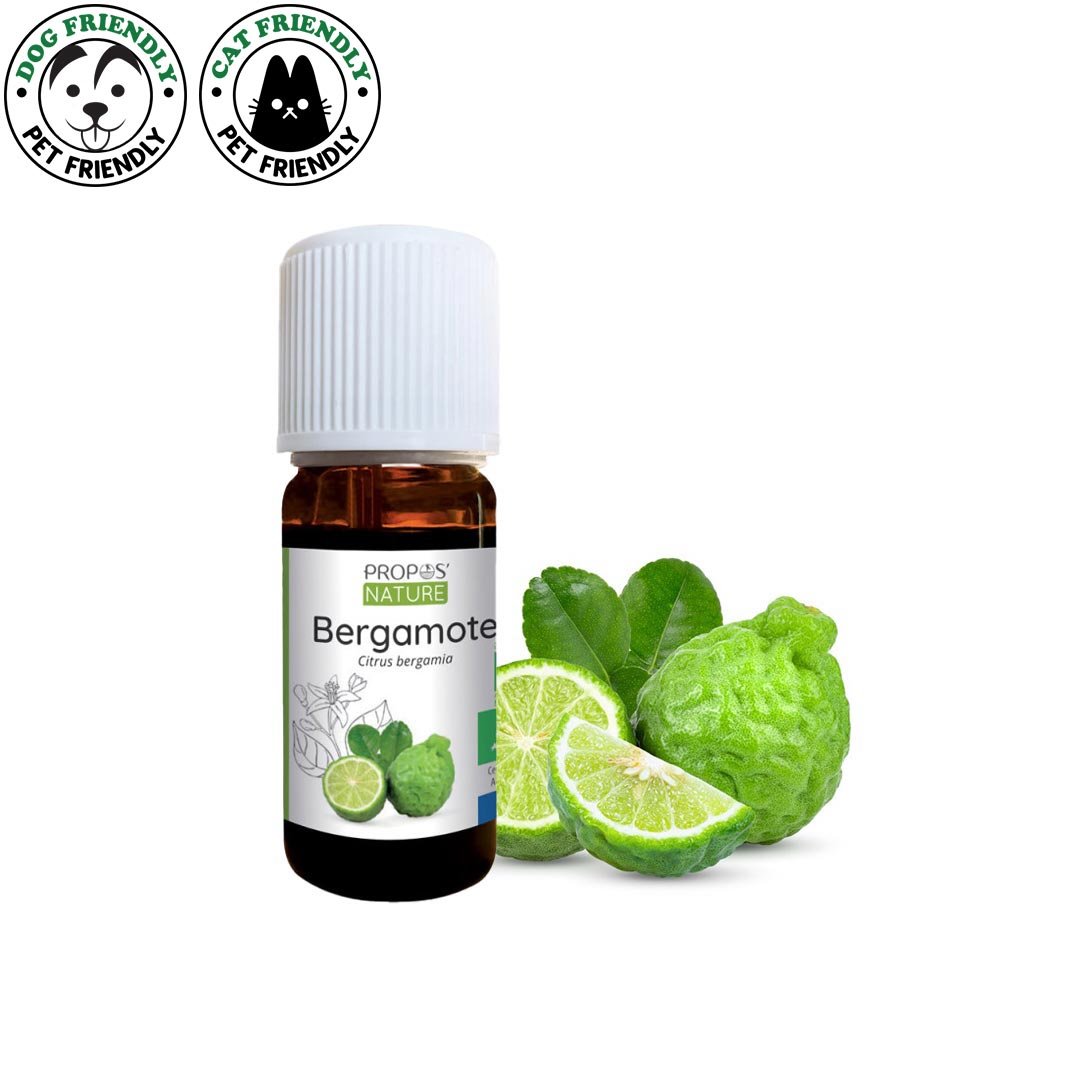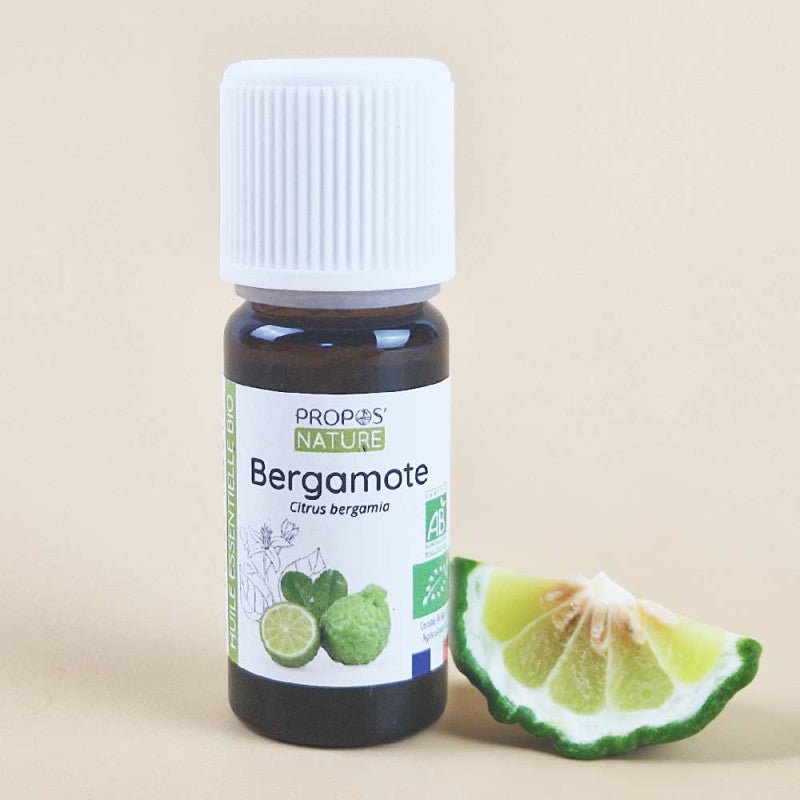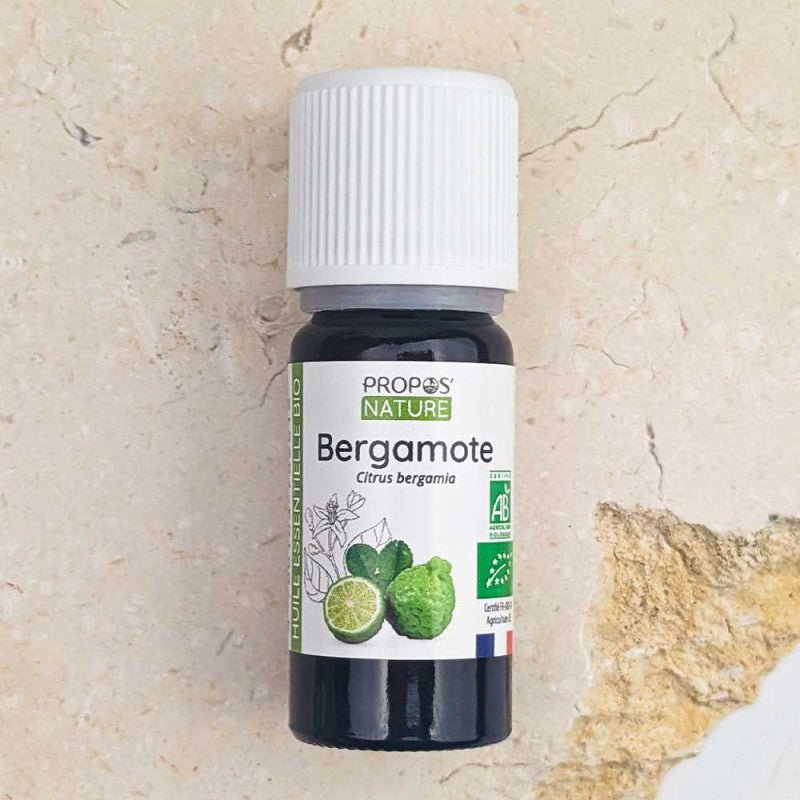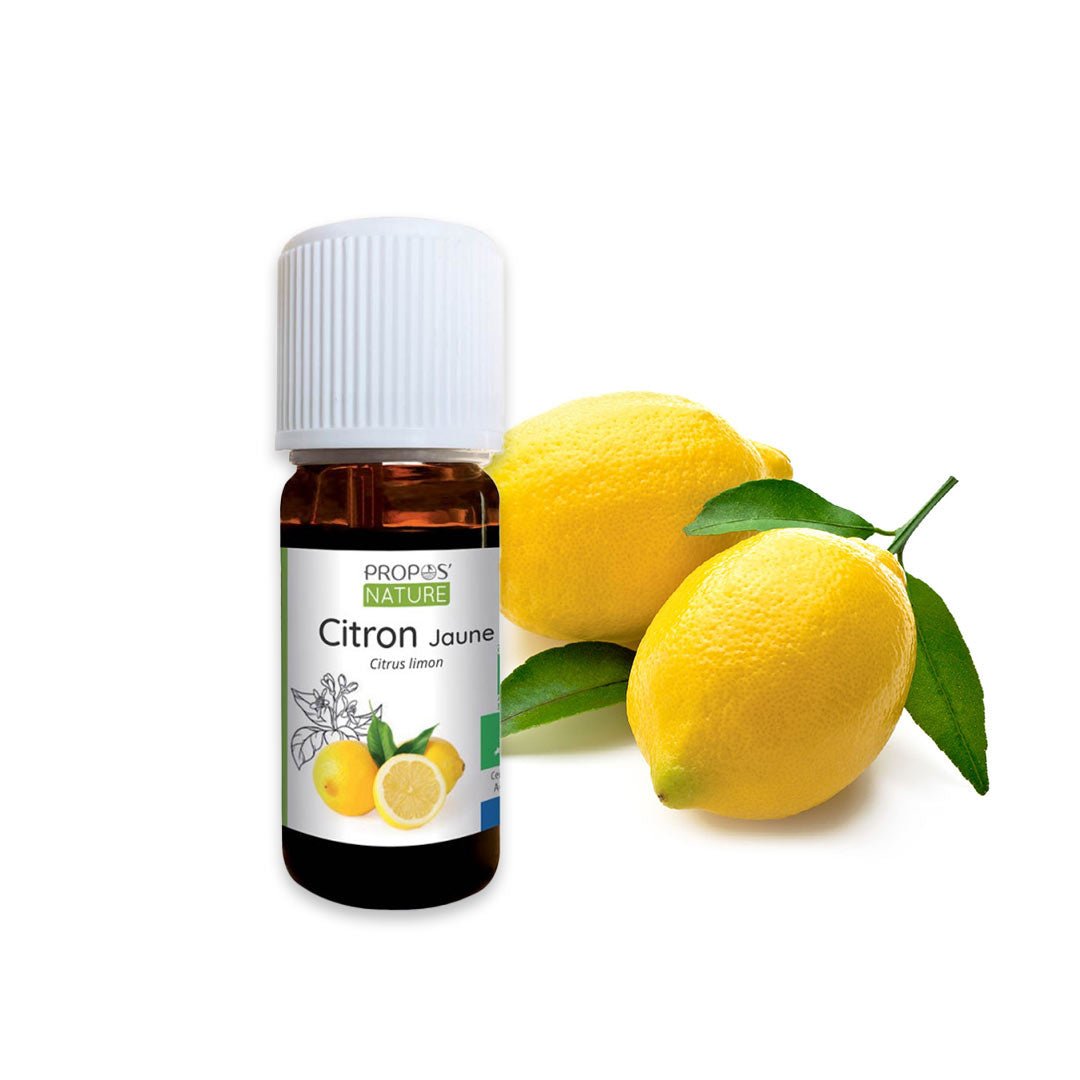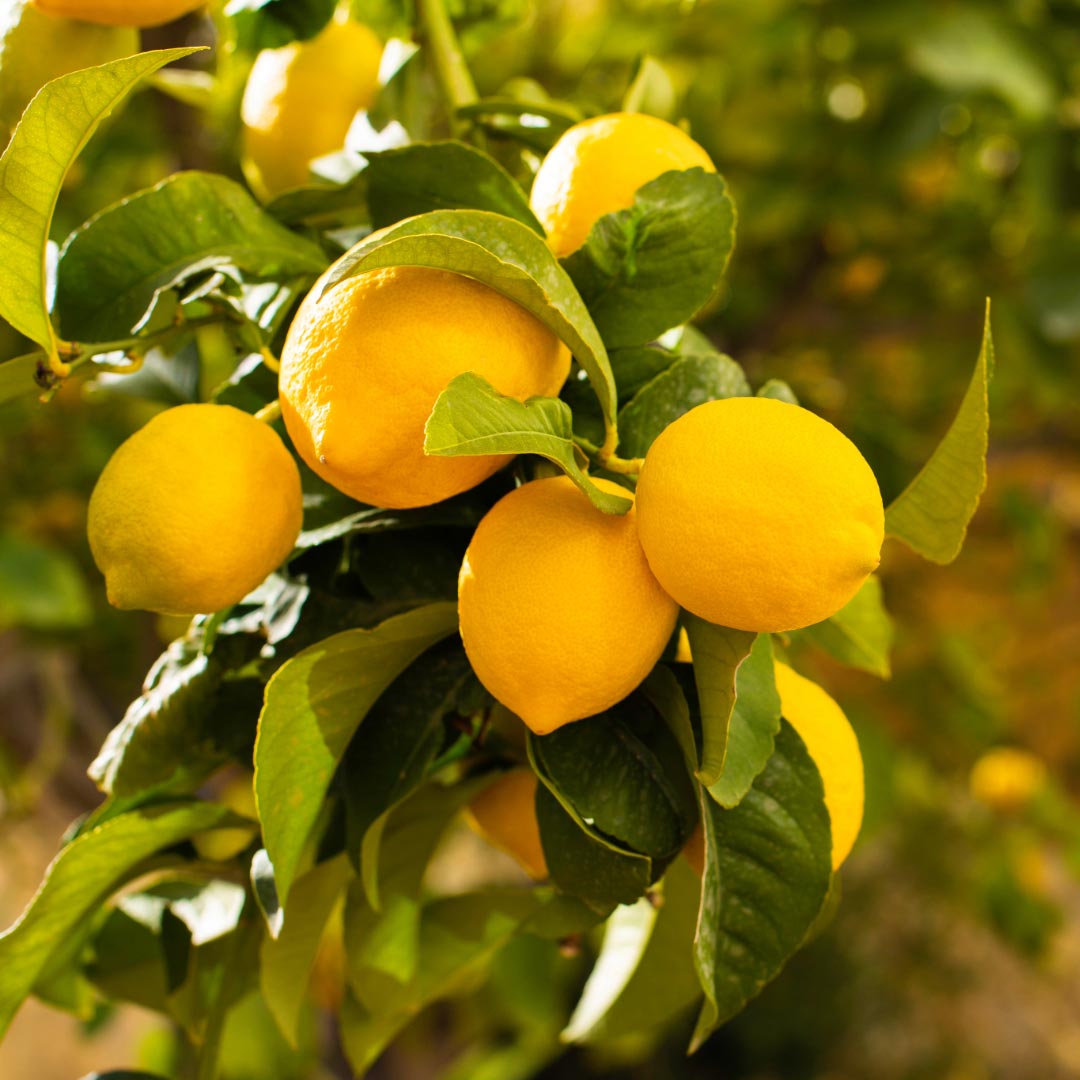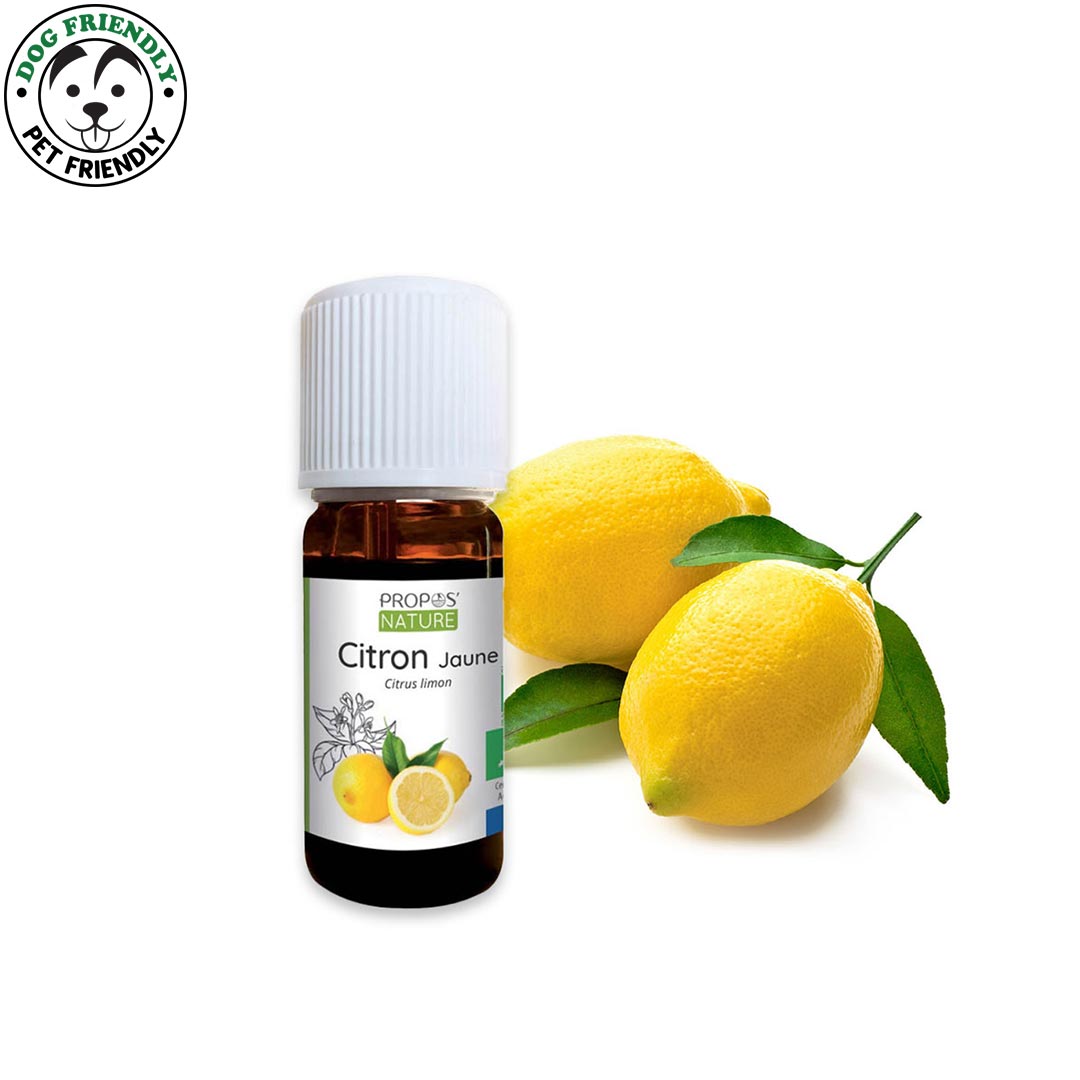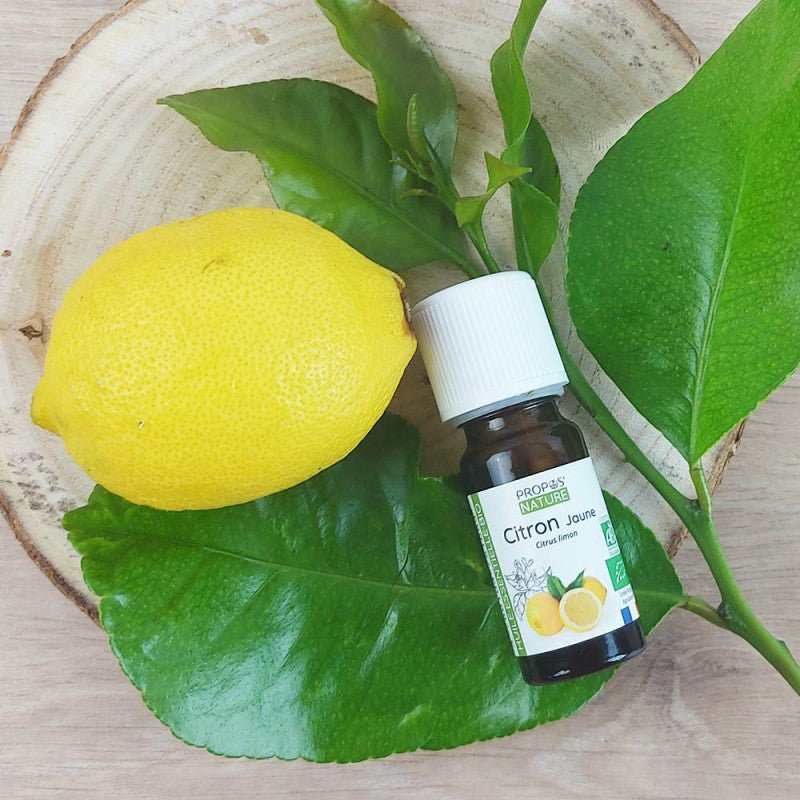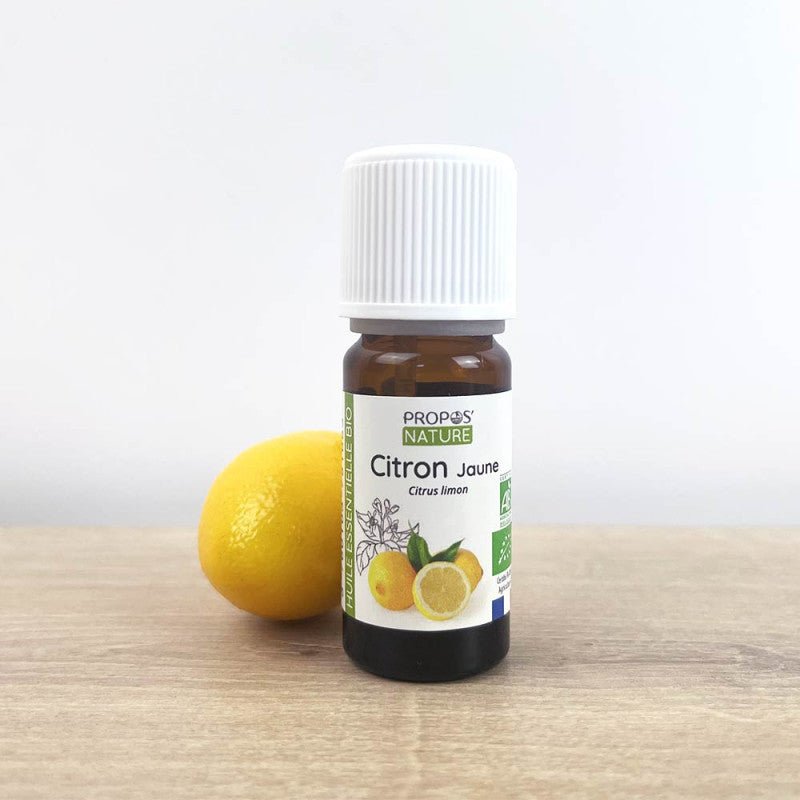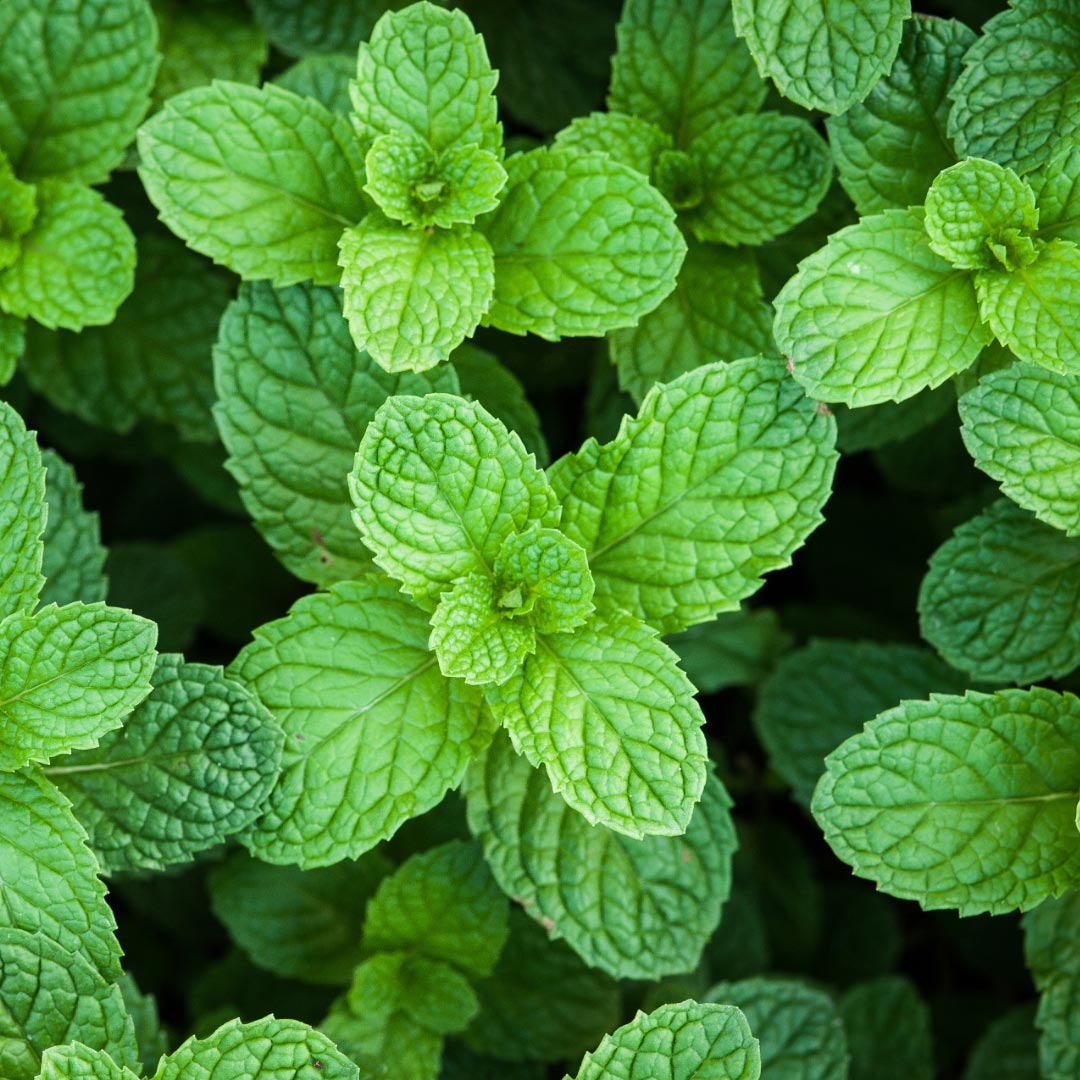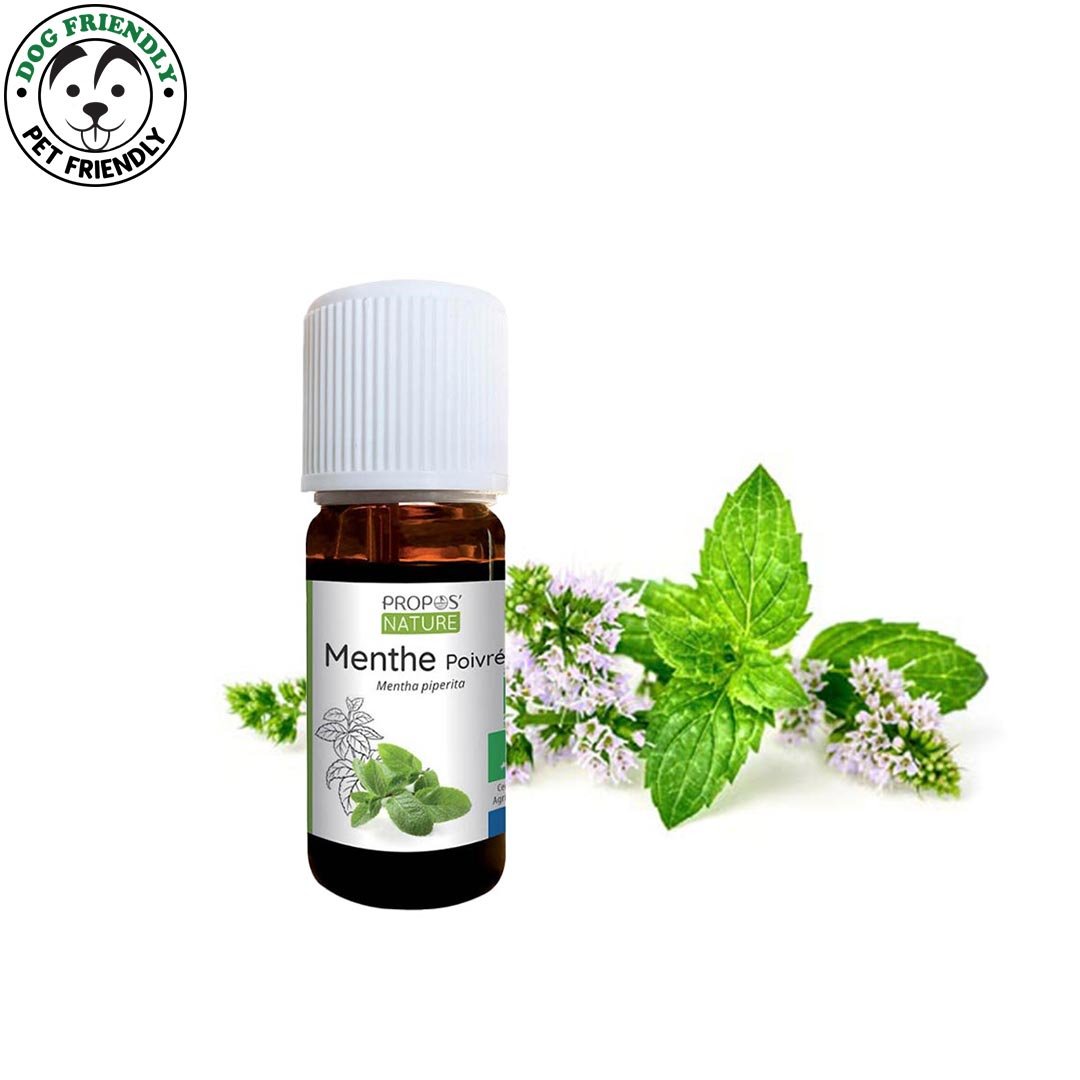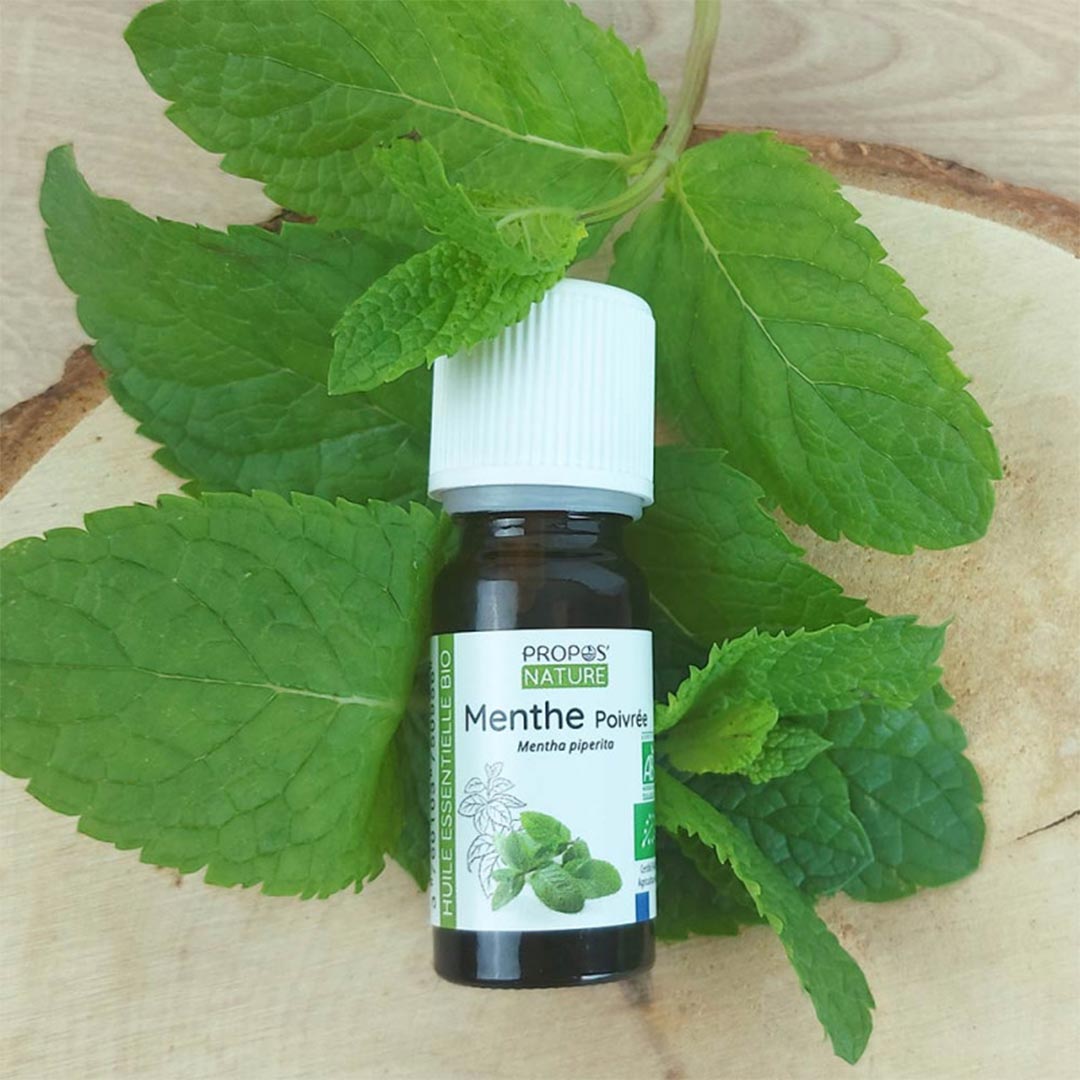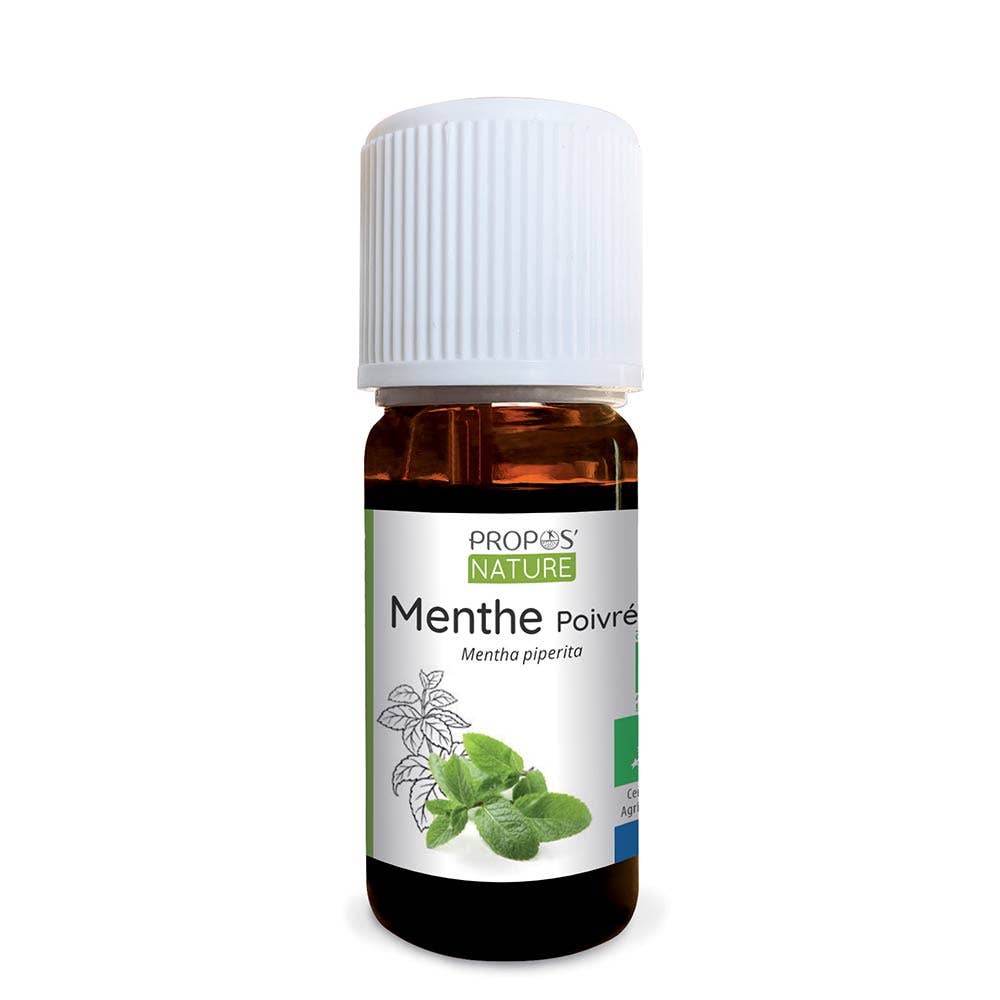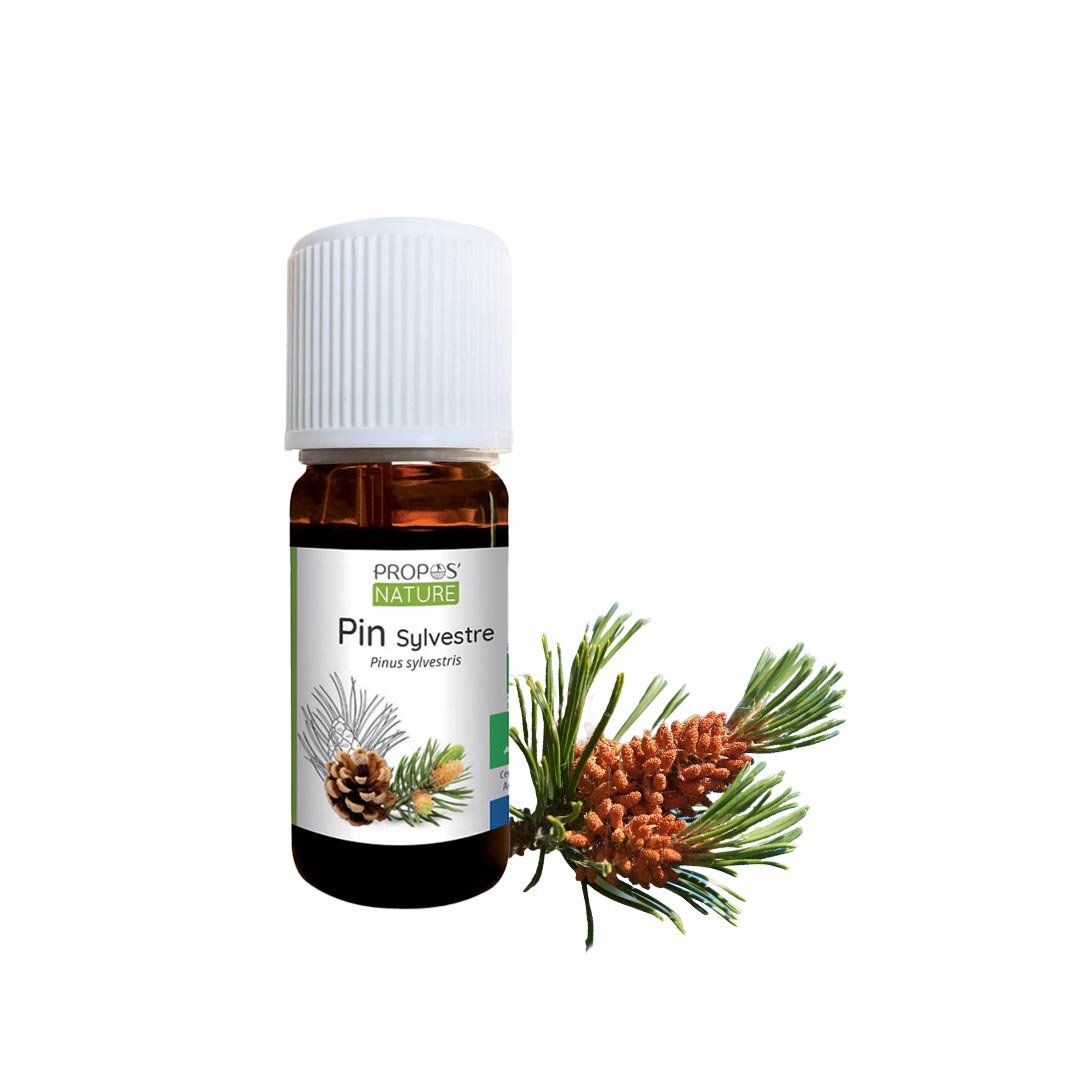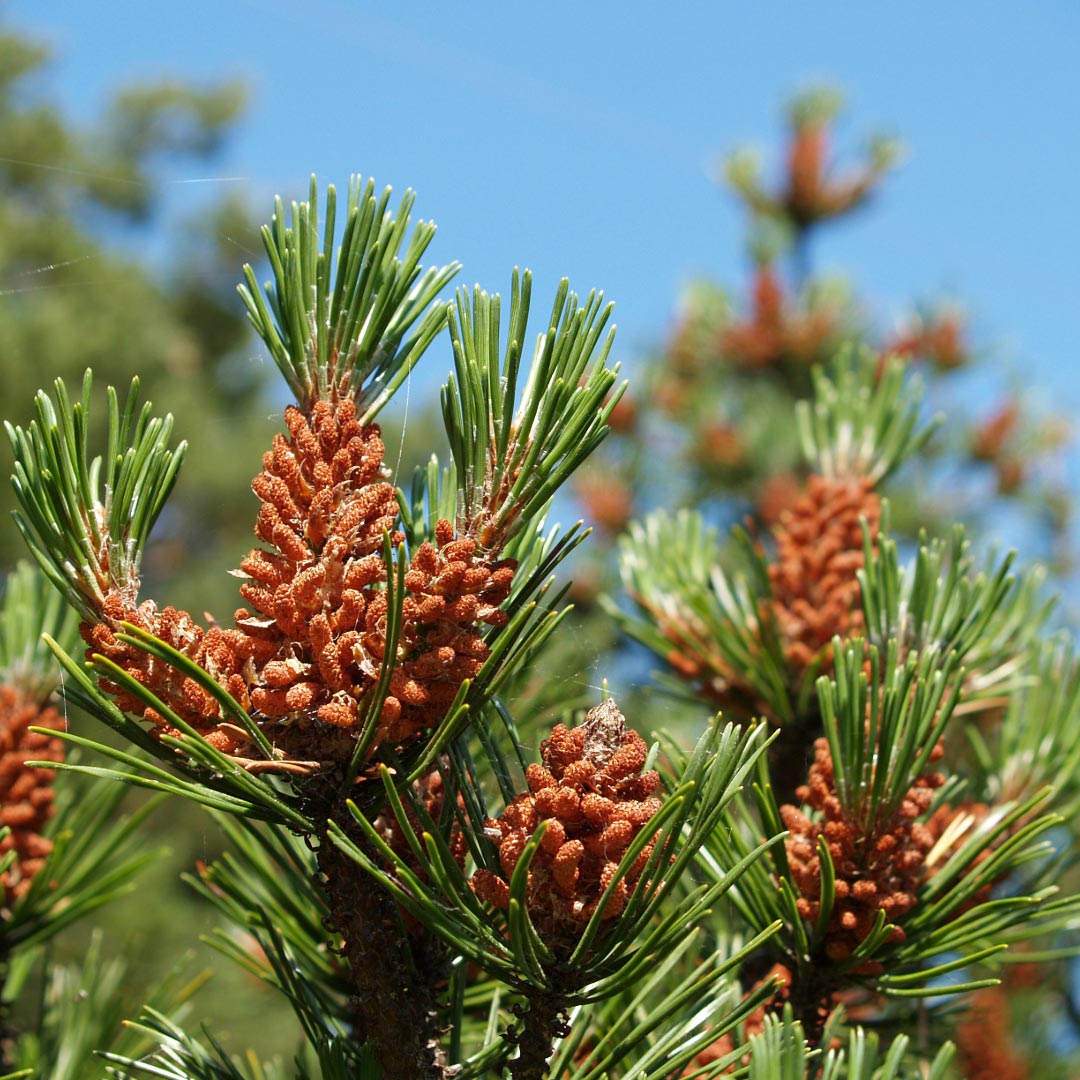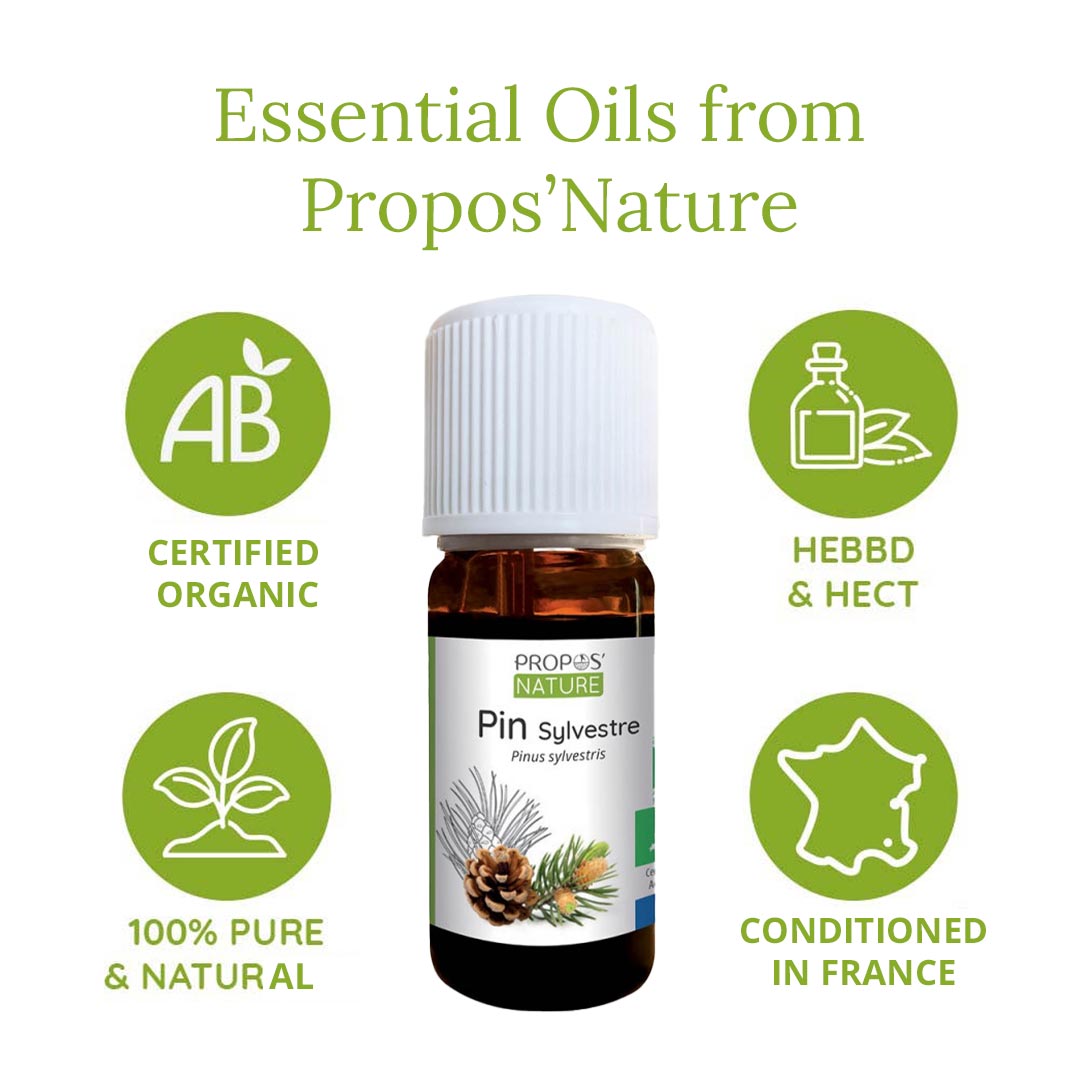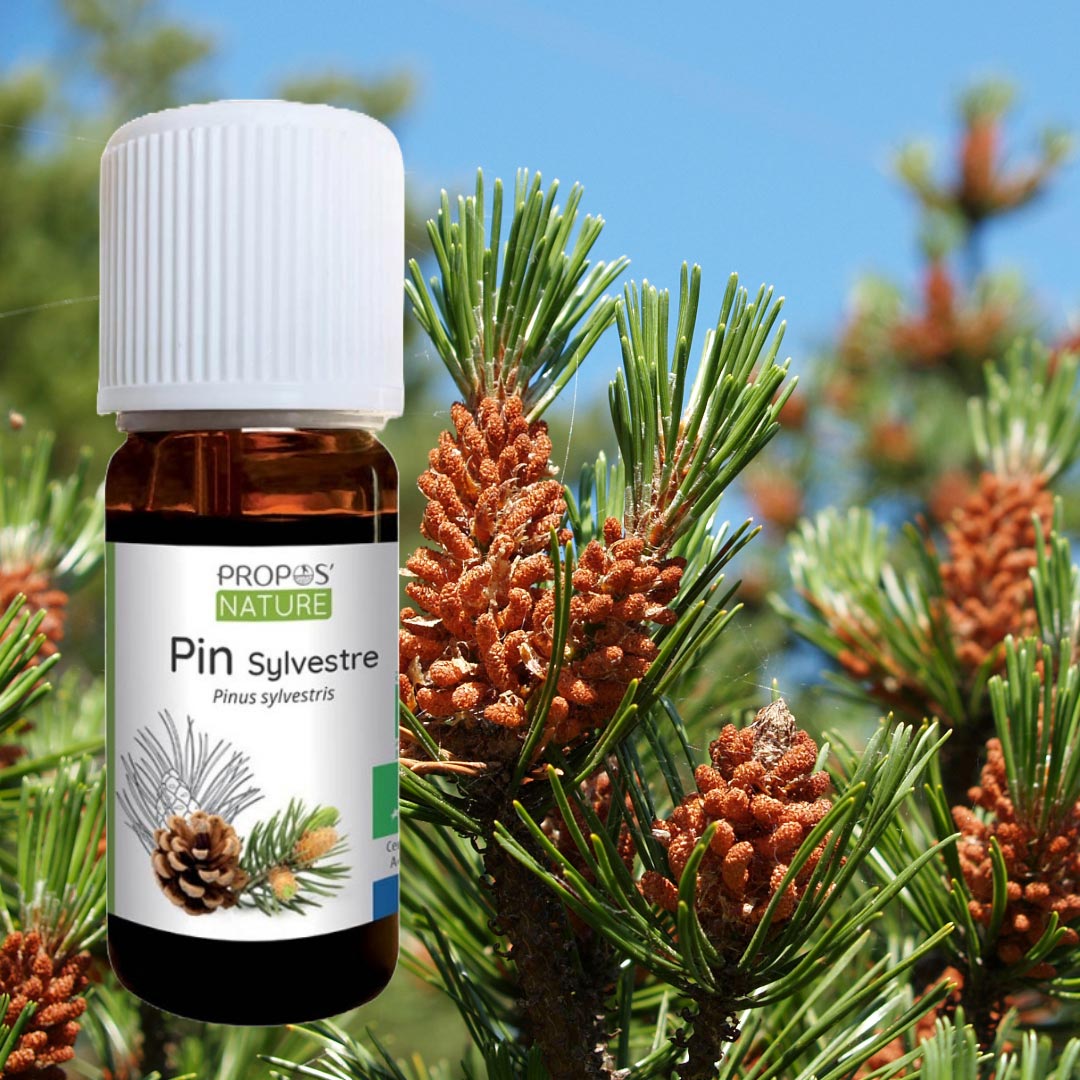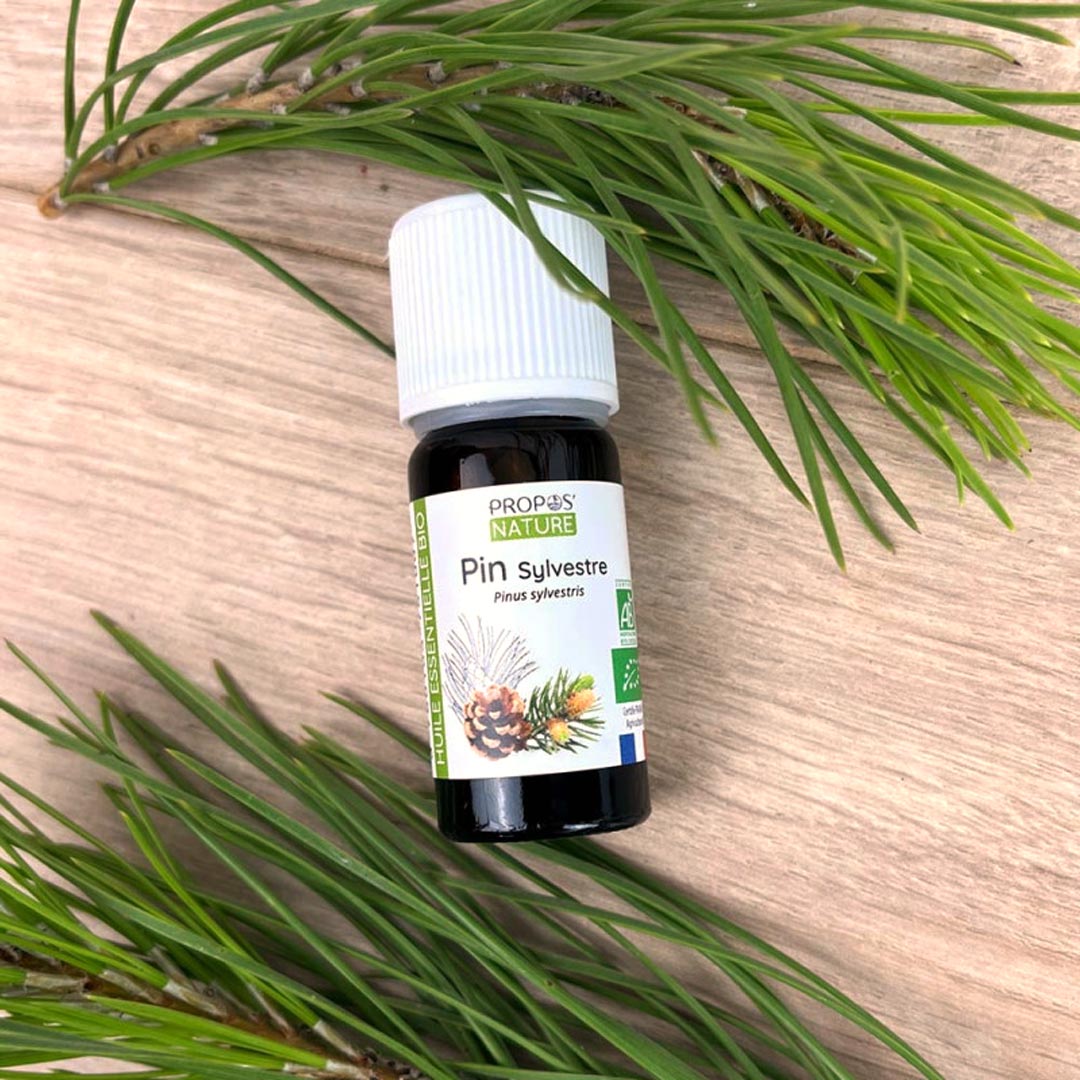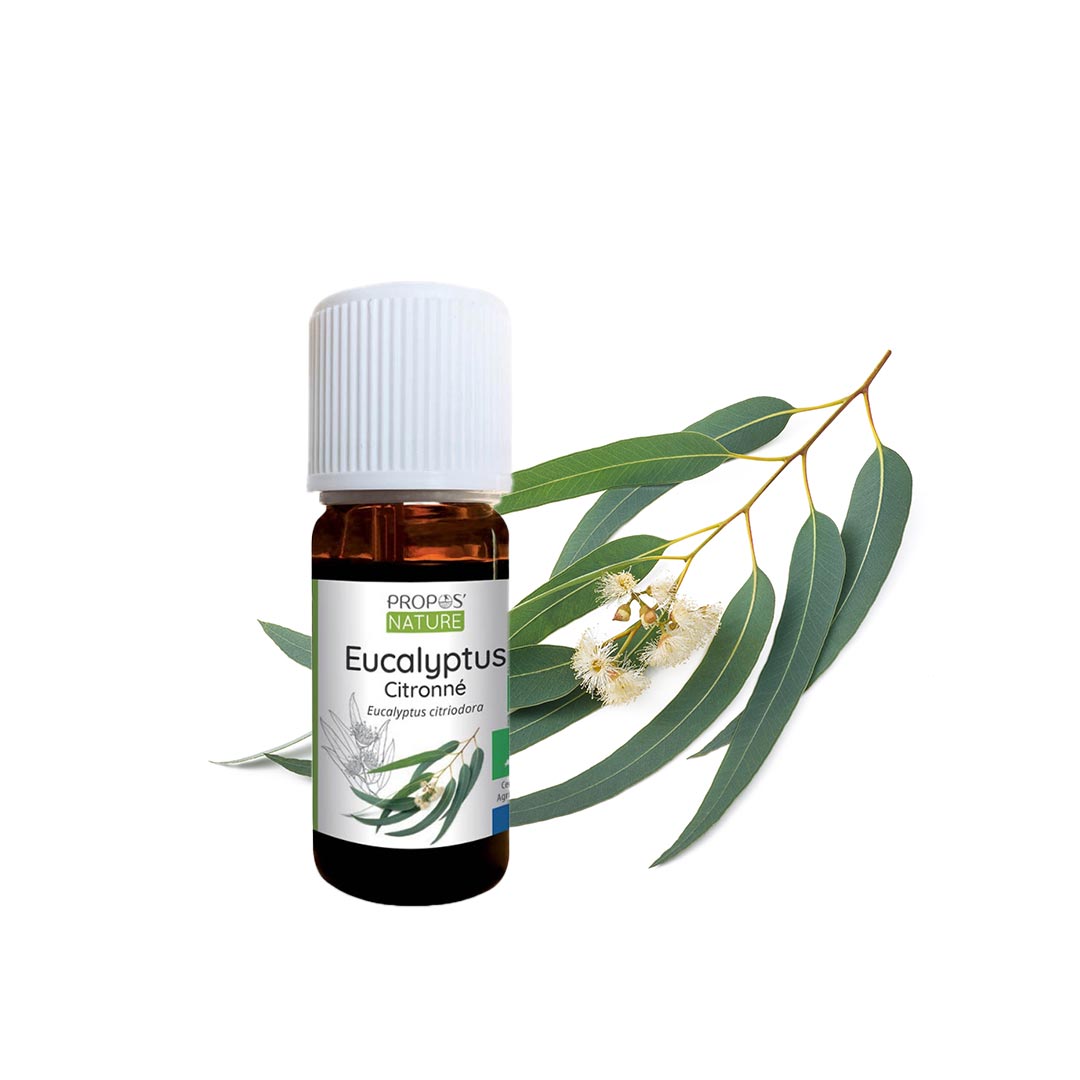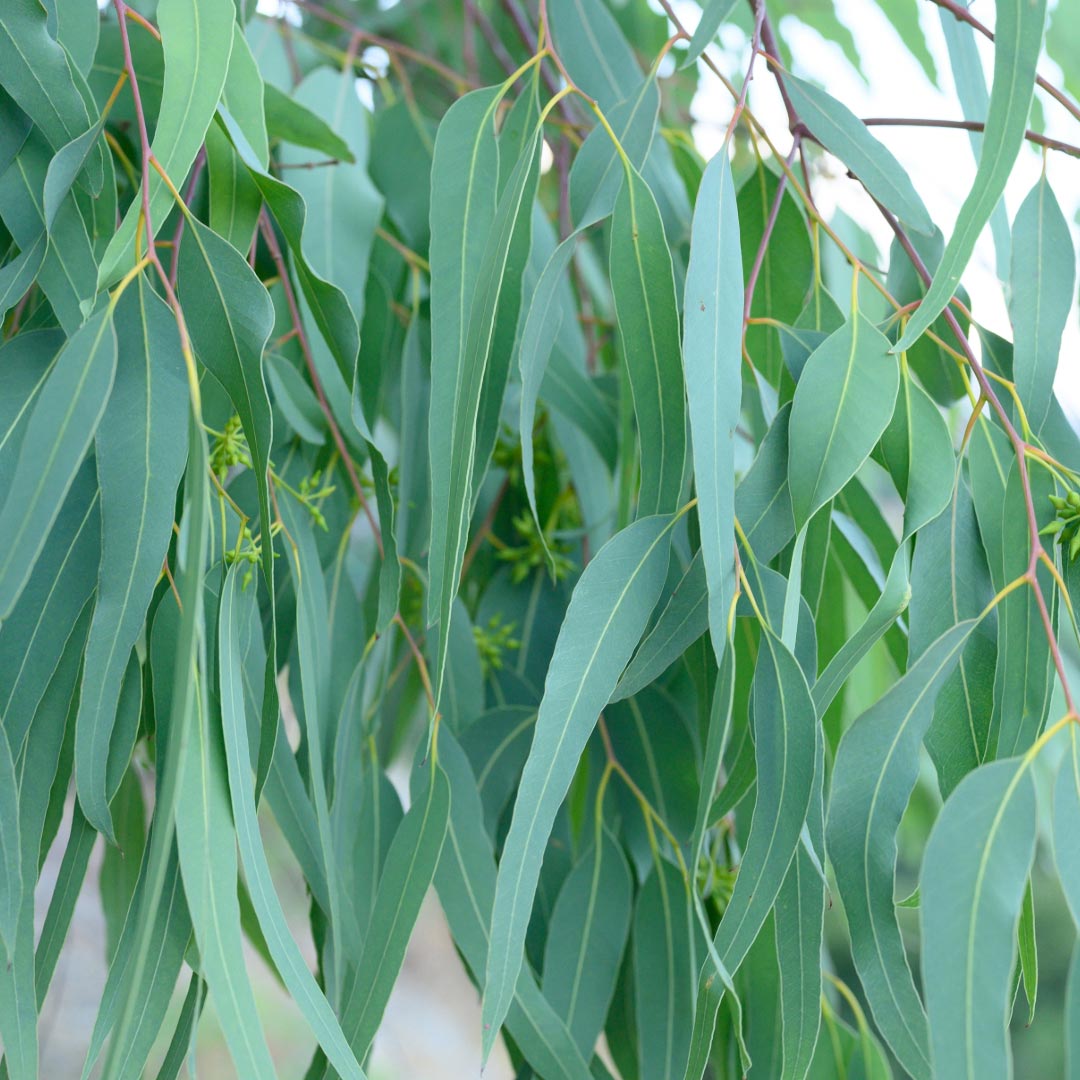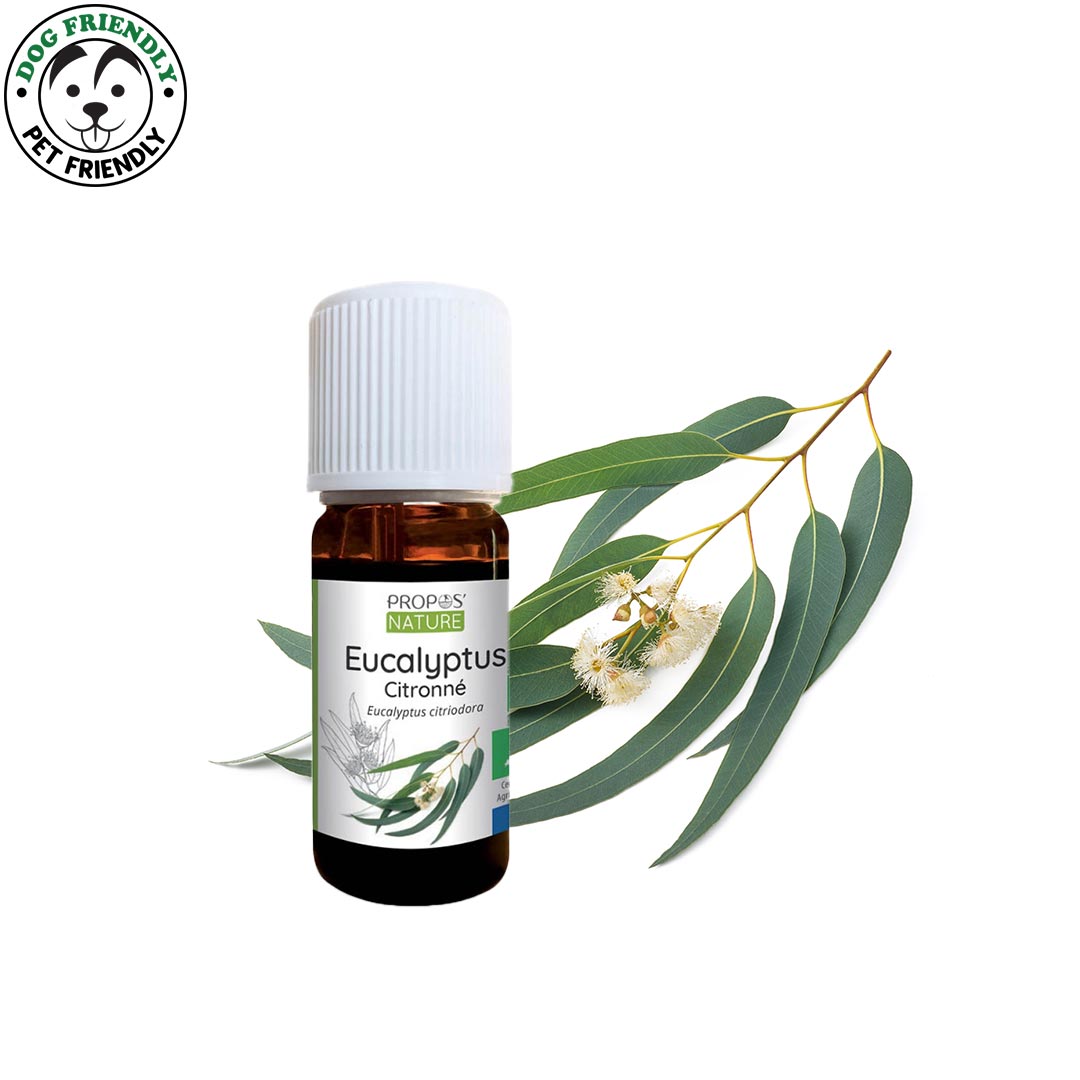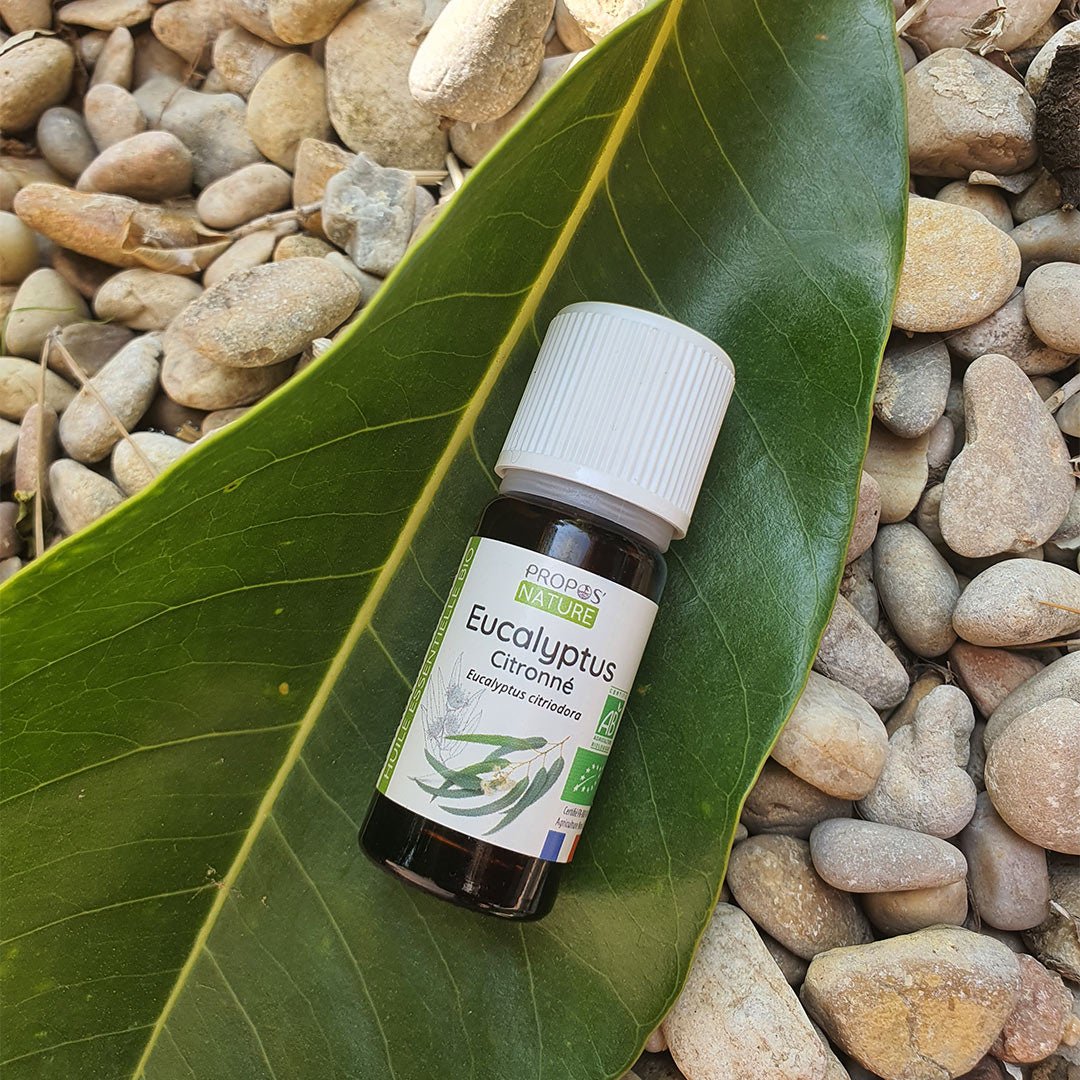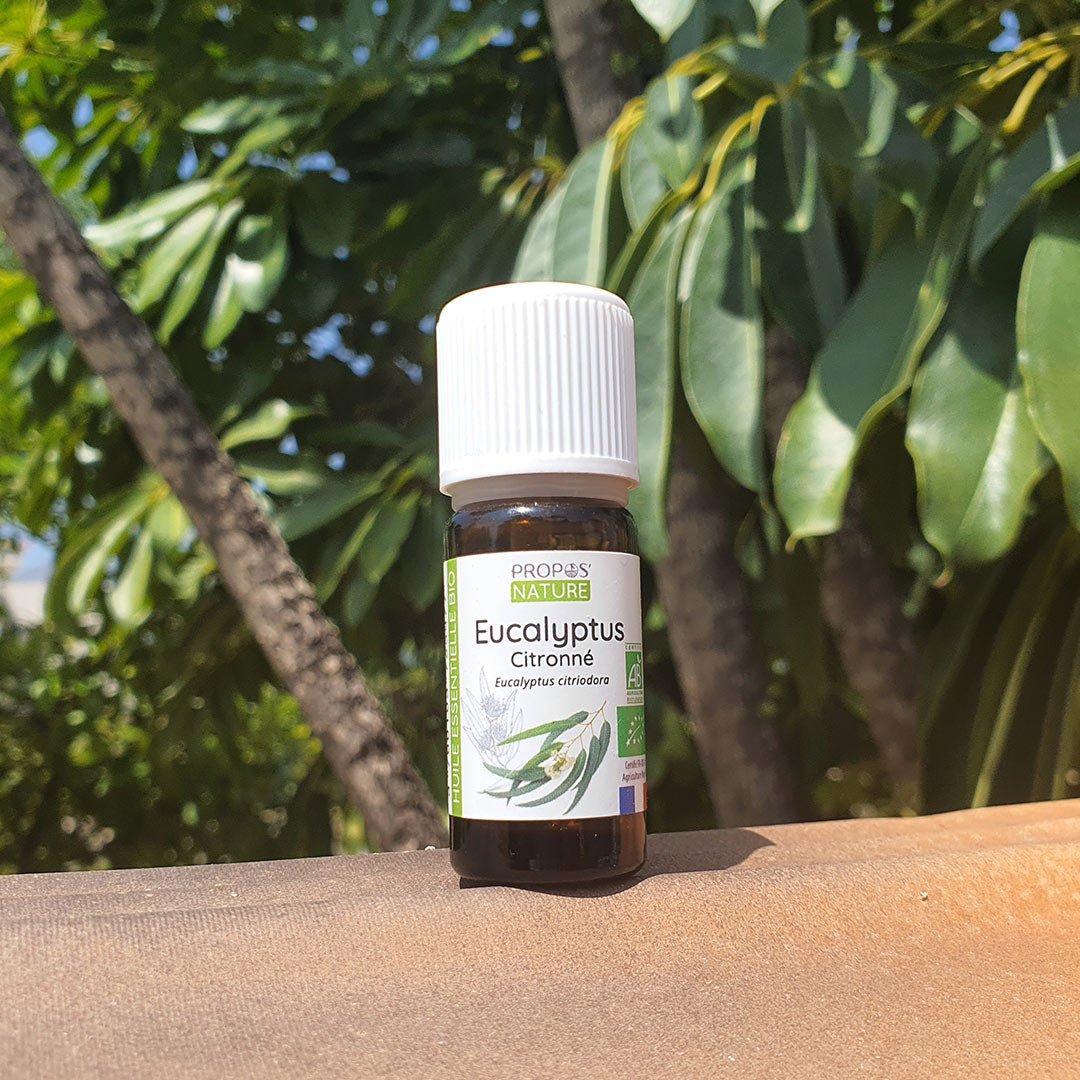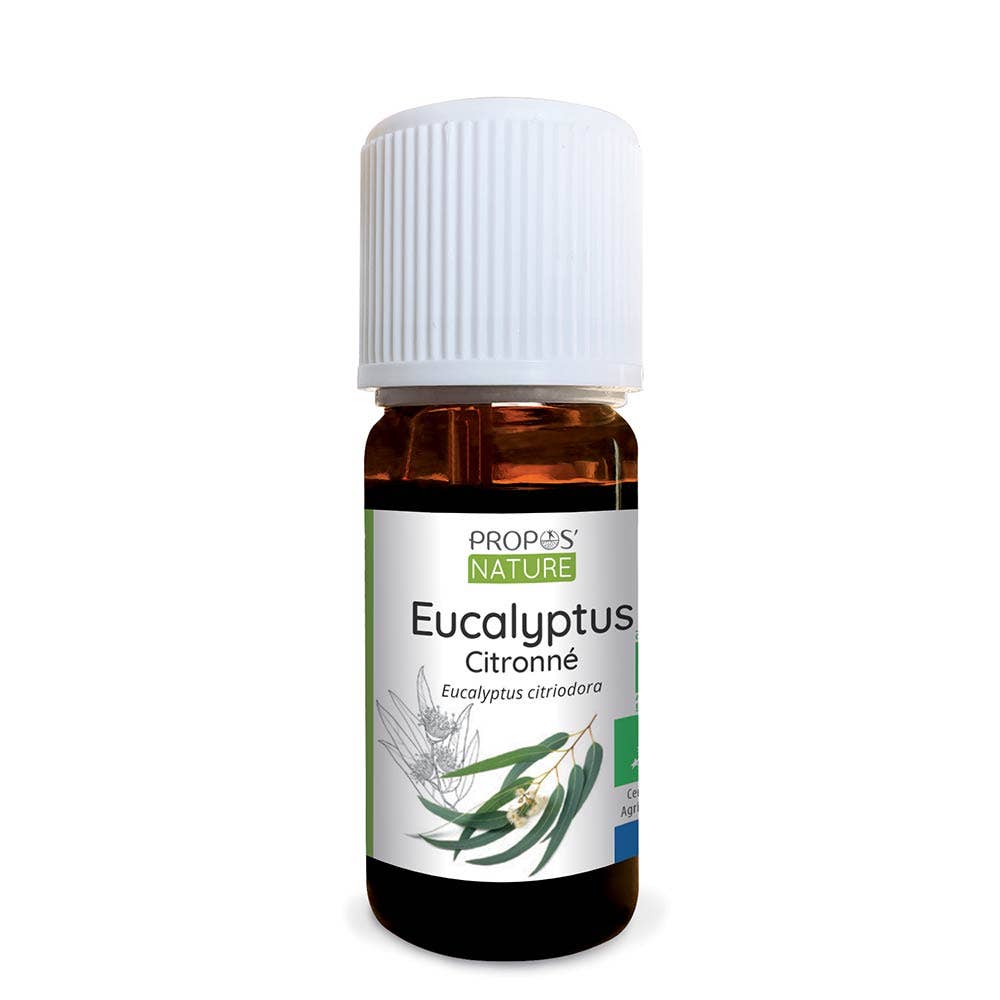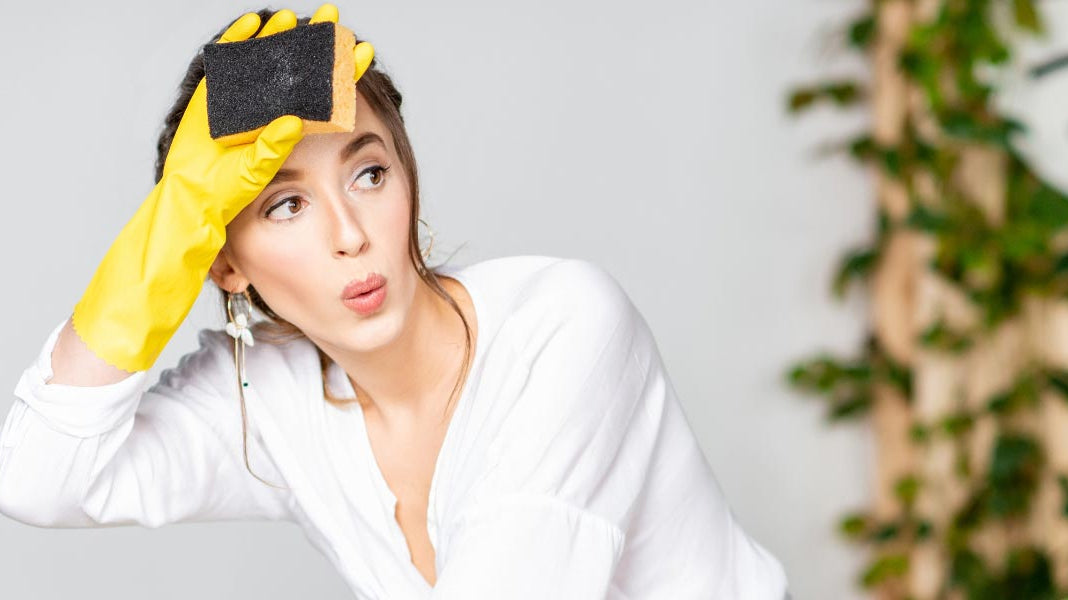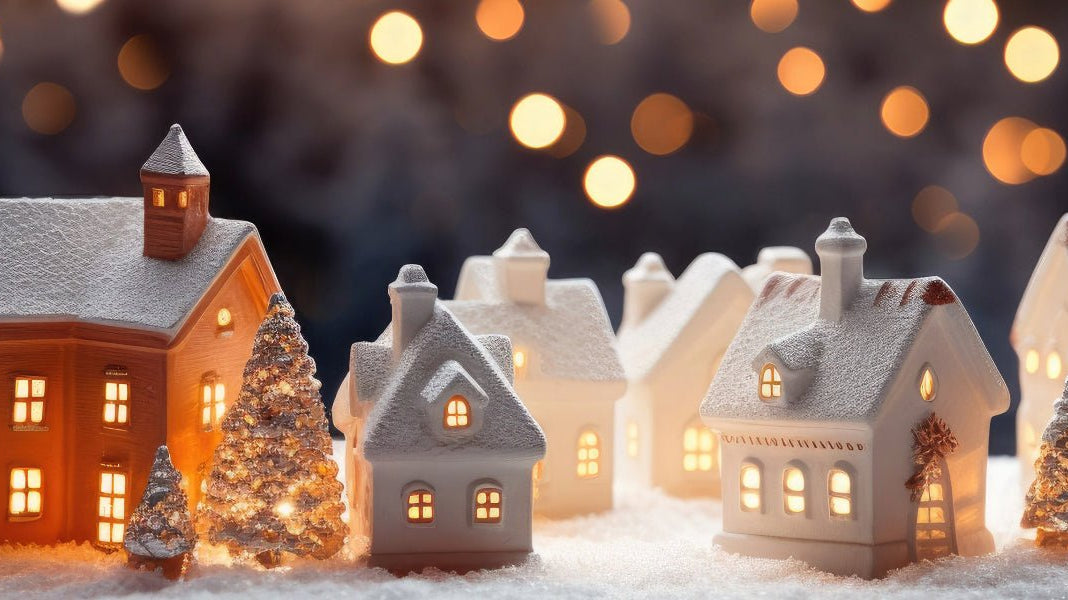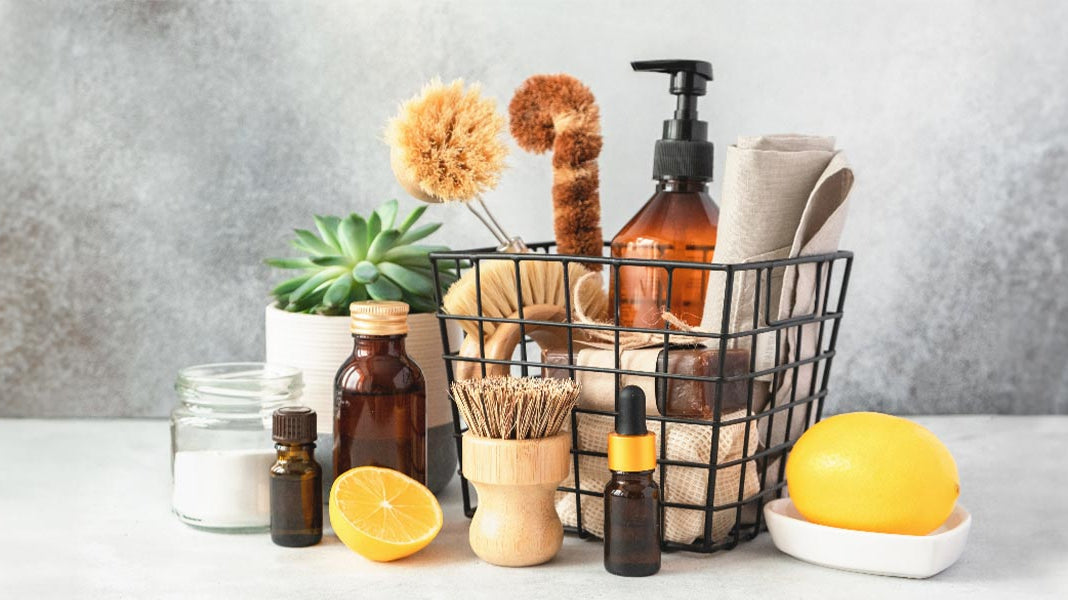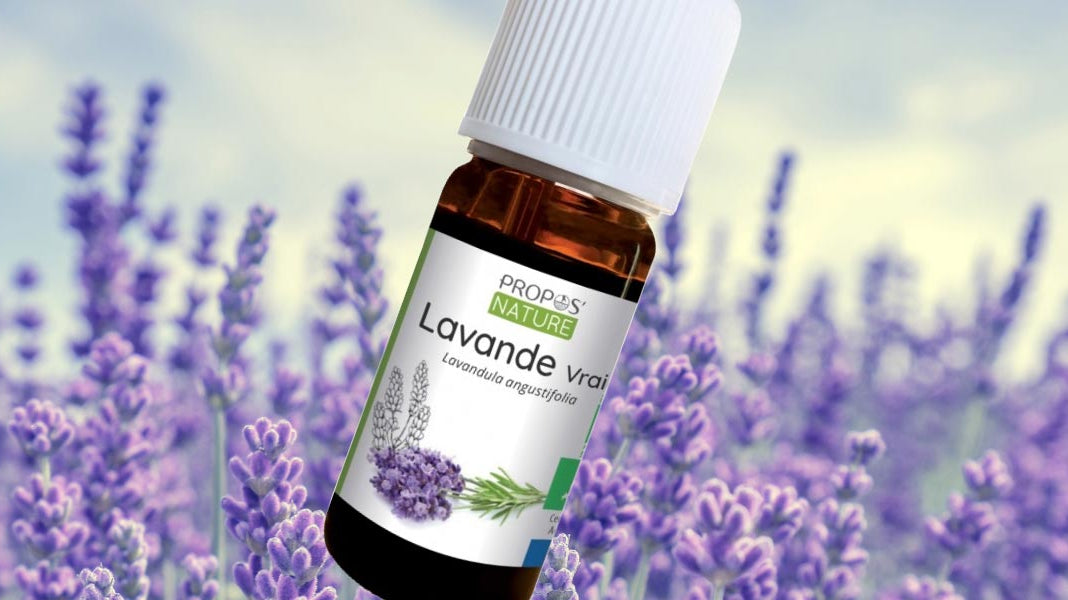Chlorine bleach (sodium hypochlorite) is a prevalent cleaning agent found in countless households, workplaces, and educational institutions worldwide.
Many cleaning products under your sink likely contain bleach, from toilet cleaners to grout scrubbers. Some even keep a gallon of bleach on hand for disinfecting and whitening various areas of their home.
Bleach, with its powerful properties, seems almost magical, capable of germ-killing, fabric-whitening, and surface-disinfecting feats.
But in reality, bleach might be excessive for everyday use. Over time, we must question the long-term consequences it has on our health and the environment.
The Risks of Bleach
Surprisingly, bleach brings with it a list of side effects and potential health hazards.
Inhalation Perils: The pungent fumes from bleach can be overpowering, damaging your lungs and other organs with prolonged exposure. If you already suffer from allergies or asthma, bleach can worsen your symptoms. It also irritates the nose and throat, leading to symptoms like coughing, stinging sensations, shortness of breath, headaches, and lightheadedness.
Poor ventilation exacerbates the hazards, as lingering fumes contribute to indoor air pollution. Additionally, bleach can irritate the skin and eyes, potentially causing chemical burns, rashes, and permanent tissue damage. In cases where it comes into contact with the eyes, it may result in vision damage.
Children and Pets: Accidental poisonings can be prevented by keeping cleaning products out of the reach of children and pets. However, just using these products exposes them to harmful effects. Recent studies reveal that using bleach at home is associated with higher rates of respiratory illness in children. Since bleach residues remain on surfaces, children and pets are more susceptible to ingesting these remnants, posing a greater risk.
Natural Alternatives to Bleach
Instead of relying on toxic cleaners containing bleach, several natural alternatives offer similar cleaning and disinfecting properties.
White Vinegar: With a low pH level and high acid content, vinegar is a hostile environment for microorganisms. It is a potent degreaser, mildew, and soap scum remover, and mold killer in the bathroom.
Essential Oils: are natural disinfectants. Many essential oils possess inherent antibacterial, antiseptic, antifungal, and antiviral properties. When incorporated into your cleaning routine, they effectively combat harmful microorganisms without the need for harsh chemicals. Essential oils not only clean but also infuse your space with delightful scents. Their aromatherapeutic benefits can uplift moods, reduce stress, and create a more pleasant and inviting atmosphere in your home.
Baking Soda: This versatile cleaning agent acts as a gentle abrasive cleaner and odor-neutralizer. It's excellent for scrubbing tough spots and absorbing and neutralizing odors.
Castile Soap/Black Marseille Soap: This natural, non-toxic vegetable oil-based soap (olives) can effectively clean most surfaces in your home with the added benefit of being environmentally friendly.
By adopting these safe alternatives, you can maintain a clean and healthy living environment without exposing yourself, your loved ones, and the planet to the risks associated with bleach.

A recipe for my favorite easy to make All-purpose cleaning spray without white vinegar
Ingredients
485 dl water
15 ml (1 tablespoon) liquid organic neutral soap
10 drops of lemon essential oil
5 drops peppermint essential oil or lavender
Instructions
1. Fill your spray bottle (500ml) with water.
2. Add the liquid soap.
3. Add the essential oils
4. Cover the bottle and shake well.
Use on pretty much any surface in your home.
Notes
For extra scrubbing power (i.e.: for soap scum, etc.), spray this cleaner on the surface, and follow with a generous sprinkle of baking soda, then scrub with the scrubby side of a sponge.
This is indeed a great way to save money on cleaning products!
If you buy 1-liter liquid organic soap and use 15 ml every time, you can use it over 66 times. The essential oil bottles have an average of 225 drops so the lemon essential oil bottle will last 22.5 times with 10 drops used each time and the peppermint 45 times with 5 drops used each time. So all together you will have enough essential oil for your 66 times of making the cleaning spray.
To break it down:
1-liter neutral organic soap €14.70
1 bottle lemon essential oil €5.70
1 bottle peppermint essential oil €7.20
Total €27.60
27.60 / 66 = €0.41
One bottle of this all-around spray costs €0.41

If you prefer to use white vinegar, here is a safe and easy recipe for a homemade white vinegar cleaning spray:
Ingredients:
- 1 cup (240 ml) white vinegar
- 1 cup (240 ml) water
- 10-20 drops of essential oil (optional)
Instructions:
- In a spray bottle, combine the white vinegar and water.
- If desired, add 10-20 drops of essential oil. Some popular choices for cleaning include lemon, orange, peppermint, and tea tree oil.
- Shake well to combine the ingredients.
To use:
- Shake the bottle well before each use.
- Spray the cleaner onto the surface you want to clean.
- Let the cleaner sit for a few minutes, then wipe it away with a cloth.
- For stubborn dirt or stains, you may need to scrub the surface with a brush.
Safety precautions:
- Avoid getting the cleaner in your eyes. If you do get it in your eyes, flush them immediately with water.
- Do not use the cleaner on surfaces that are not meant to be cleaned with vinegar, such as granite, marble, or natural stone.
- Always test the cleaner in an inconspicuous area before using it on a larger area.
This homemade cleaning spray is a great way to clean your home without using harsh chemicals. It is also safe for use around children and pets.
Here are some additional tips for using white vinegar as a cleaner:
- White vinegar can be used to clean a variety of surfaces, including countertops, floors, and windows.
- White vinegar is a natural disinfectant and can be used to kill bacteria and viruses.
- White vinegar is a natural deodorizer and can be used to remove odors from surfaces and fabrics.
- White vinegar is an excellent choice for cleaning windows and mirrors


